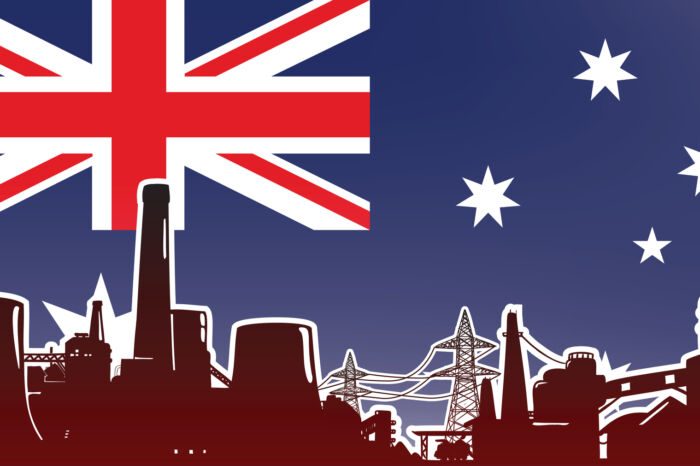A combination of issues such as Russia’s invasion of Ukraine, a global energy surge, colder weather arriving earlier, and other things coming together in Australia have led to energy shortages and associated high consumer prices. This has caused energy insecurity that Australia has not experienced for a very long time.
Australia is dependent on coal
Australia is still heavily dependent on coal for electricity generation. However, there are emerging problems with coal-fired power stations, which are aging and difficult to renew due to lack of investment. Of course, it is difficult to invest in this energy source when it has an uncertain future. Throughout the modern world, the transition to more environmentally friendly energy sources is increasingly being discussed, and so coal is gradually giving way.
Moreover, the Australian government has already announced plans to switch many coal operations to renewable sources. Even the world’s largest coal port there is projected to generate half of its revenue from non-coal business by 2030.
Australia usually exports almost all of its commodity production abroad. For example, in 2019-20, Australia exported about 90% of its coal production, 78% of its oil, and 74% of its natural gas.
Back to the issues
Australia has recently increased its exports, mainly of gas, to countries that have been scrambling to find some new sources in an attempt to replace gas from Russia. At the same time, due to coal shortages, there have been problems with energy supply to both domestic and industrial properties. The coal shortage was in turn linked to flooding in New South Wales (NSW) and Queensland, which led to a reduction in normal coal production.
Read also: Trans-Saharan pipeline as an option to get gas to Europe
Energy Minister Chris Bowen last week asked NSW households to turn off their lights in the afternoon and evening and generally conserve electricity. The region includes the city of Sydney, so the call affected about 8 million people.
There are suggestions that Australia should introduce a tax on gas and commodity exports, as the UK has done, or as Argentina plans to do, and invest the capital raised in the renewable energy sector to ensure Australia’s energy security in the future.











Comments
Post has no comment yet.